How to Raise Cows in a Comfortable Environment
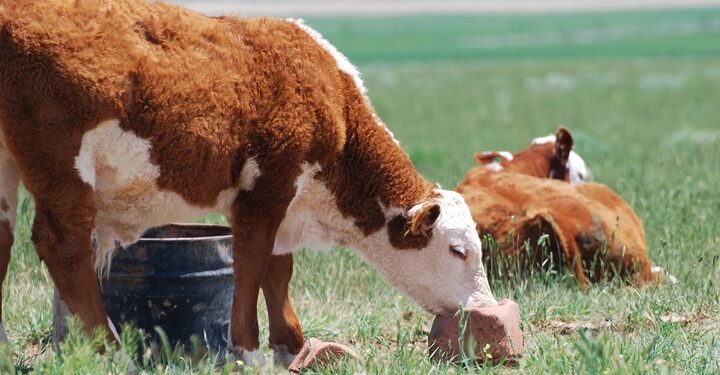
Have you ever thought about growing your food? How about beef, milk and cheese? As long as you have some room and time, it’s possible. Cows can be raised for milk, meat or even calf sales, so although there is a significant investment, several revenue streams and food are produced for you and your family.
Raising cows can be a rewarding experience, and although it is hard work, you benefit from the meat and dairy they supply. Maybe you want to get into it but don’t know how to start. It can be daunting, but you can do it with a little know-how. This is how to raise cows.
1. Make Sure You Have the Room
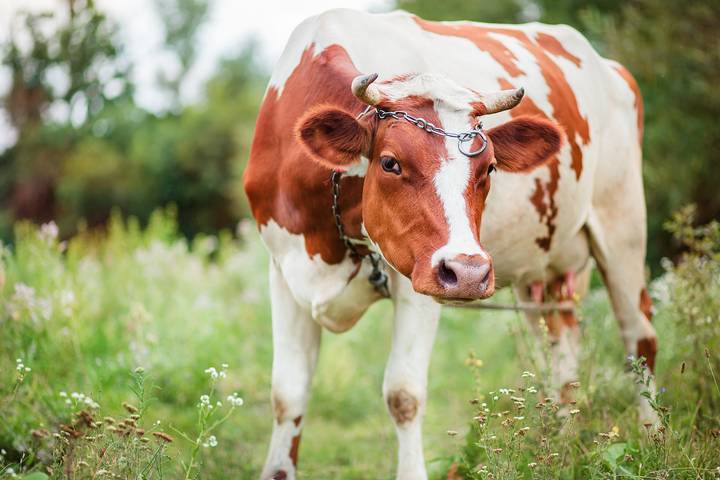
Raising cows takes a fair amount of space, so ensure you have room or access to some animal property. I say animals because raising more than one cow at a time is best. Isolation can torture an animal, so getting at least two for companionship is best.
For every cow you have, especially a beef cow, you need one acre for grazing and hay. You can buy your hay if needed, but the cows require adequate grazing land to get enough to eat.
2. Fencing
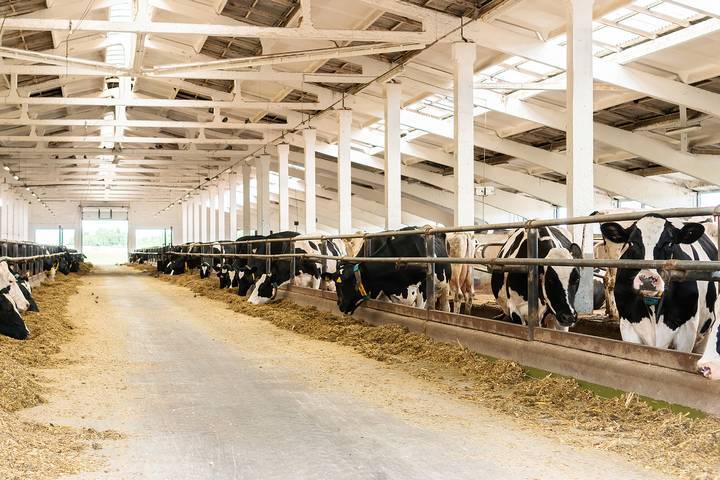
You should have a secure area to house your animals so they don’t go astray. Start with a sturdy boundary fence that runs the perimeter of your property. From there, creating separate paddocks that you can cycle the cows through is a good idea.
This allows for different fields to have time to rest and recoup while they eat in other areas. Internal fencing for this can be permanent or temporary, with an electric fence that can be moved around as needed.
3. Time
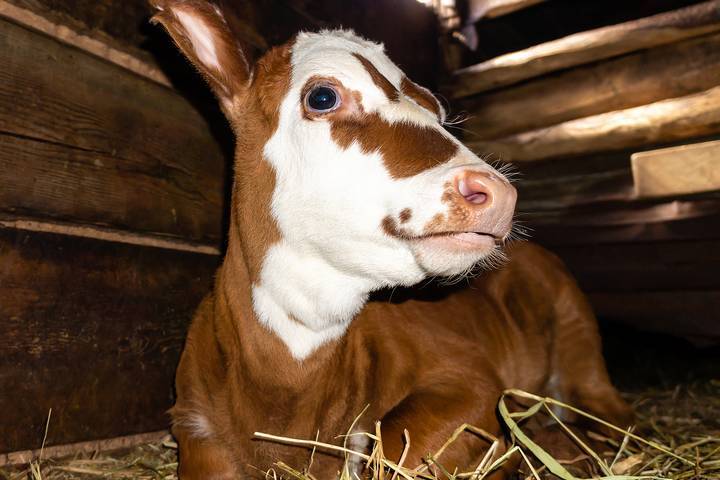
Raising healthy cows take time. A dairy cow will need two years to have a calf and produce milk. From there, you can usually milk it for two more years before it dries up and you need to have another baby.
Beef cows take 15-16 months for grain-fed and up to 30 months for grass-fed. This long-term investment will eventually pay off with a year’s meat supply after slaughter and processing.
These animals come with an emotional investment too. You care for these beasts, but they can become part of the family if you let them. Just remember that they are with you to provide food, and while you give them the best life, they will be slaughtered to feed your family.
4. Feed
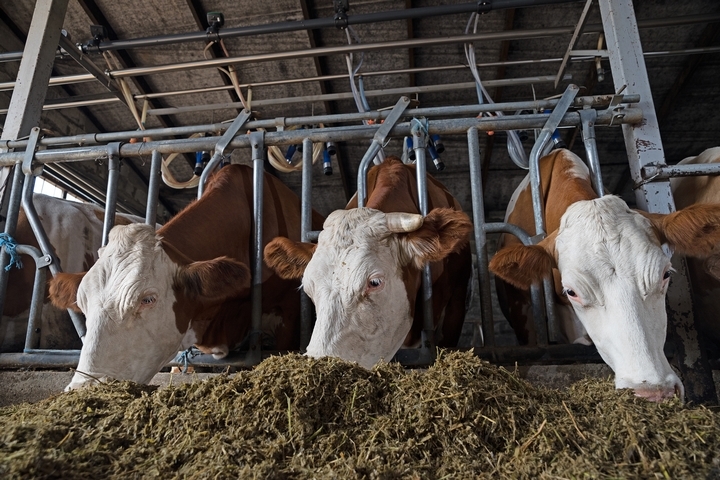
Cows will graze as long as you have good forage land for them, but in the winter months, you need to have hay stored for them to eat. In general, they should have access to food all day, and they will choose when to eat. You can also feed them grains, including:
- Corn
- Oats
- Barley
- Wheat
Besides food, they also need constant access to water. You can have a dedicated supply of cold water from a shallow pond or set up water troughs for them in their paddocks, and in the winter, cows will even eat snow.
5. Housing
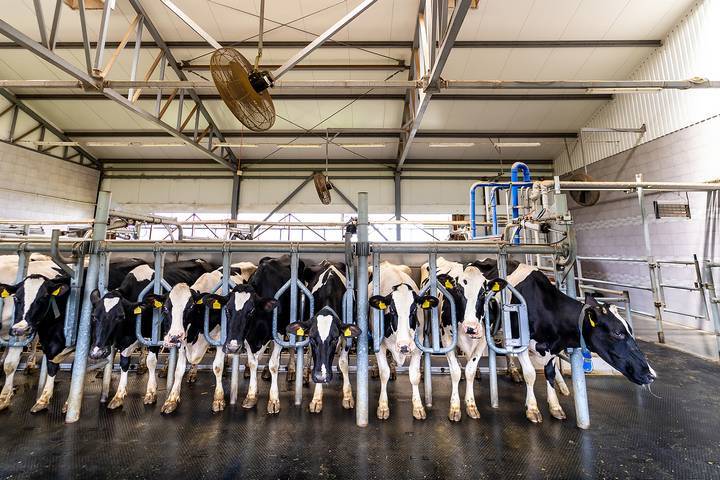
Although cows spend a lot of time outdoors grazing, they need dedicated housing to protect them from the weather and a secure place to sleep. A cow shed is a barn dedicated to cows, and it can have an open area and separate pens for cows.
It should be dry, waterproof, ventilated and free from drafts, both in cold and warm conditions. Clean, dry straw is best for bedding; you need to keep it clean, as cows produce a lot of manure.
Calf pens are necessary for a maternity facility and can be individual or grouped calf pens. Individual pens keep the dam and calf separate from the rest of the herd so there can be no manure-born pathogens from other animals.
Cows suffer from isolation, so having heard mates in grouping calf pens is good for them. Building several individual pens can be difficult and expensive with a larger herd, but you can limit the time spent in an individual clawing pen and move the cows through as needed.
6. Veterinarian Visits
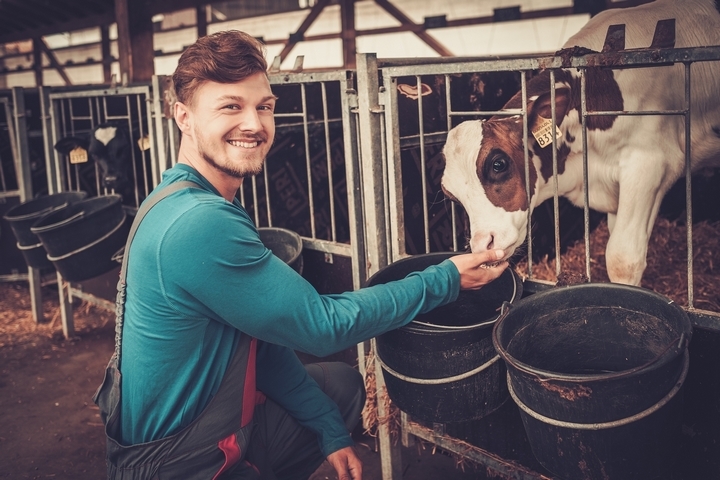
You must take your animal’s health seriously, even if you only have a few heads. They are similar to household pets like dogs and cats in that they need vaccines and even rabies shots. You will also need the vet for health conditions and even giving birth. Before you buy your animals, find a local veterinarian and be prepared to use them when needed.
This is how to raise cows. It is a good idea to seek advice from someone with cows, as they can give you tips and tricks that only come from experience. Ultimately, your hard work and attention will produce the food your family will enjoy, and you can start again with new calves.


